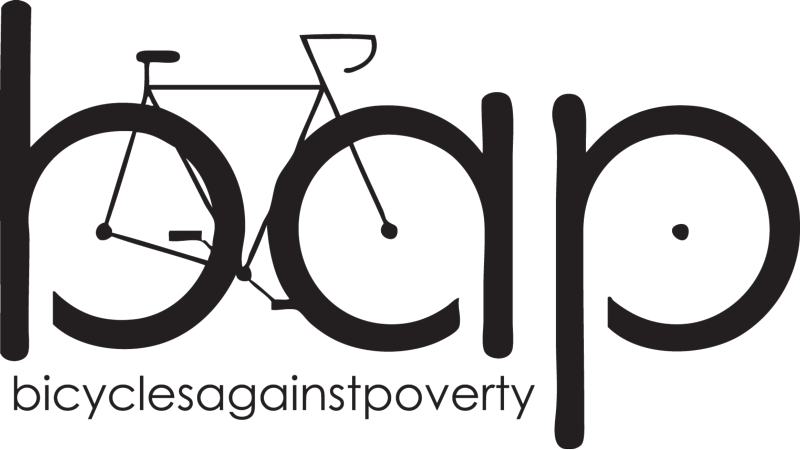Lamwaka Vicky
Combating malaria while pregnant

Lamwaka makes a little money from growing vegetables on her farm and raising poultry. When she was pregnant with her son, Lamwaka contracted malaria. Her pregnancy left her more susceptible to the effects of the disease, and she was unable to complete the daylong journey to the health center by walking. She incurred the high cost of a taxi out of pure necessity.
If Lamwaka had a bicycle at that time, she could have ridden to the health center or had someone take her there. She would not have had to worry about the extra cost of a taxi or the hours that it would take by walking -- bicycles cut the time needed to travel by foot in a fraction.
Inspired by her own experience, Lamwaka aims to start her own business using her bicycle as a mobile pharmacy. She's planning on stocking up on basic medical supplies to then re-sell throughout her village, specifically targeting pregnant women who need malaria treatments.
Kidega Patrick
"This bicycle is my life."

Like most BAP participants, Kidega is a farmer. He harvests a variety of crops—corn, beans, and vegetables— as well as livestock. Kidega uses his bicycle to take his sick and aging mother to the hospital 1-2 times per week. His mother is plagued with two persisting health issues. The first is an illness with her heart. The second is from an accident over twenty years ago that damaged her shoulder, neck, and leg. When one of these issues comes up, typically 1-2 times per week, Kidega takes her to the hospital. Given his mothers weak state and bad leg she is not able to walk to the hospital and therefore Kidega’s bicycle is making all the difference for the family. Kidega once told a BAP staff member, “This bicycle is my life.” Though it’s clear it’s also saving his mother’s life.
Lalam Nancy
Making Life threatening choices when there's no transportation

Lalam provides for her grandchildren by making charcoal and raising poultry in Bolipii, Paibona. One of the children in her care falls ill two to three times per month due to complications from dysentery.
Each time the child needs medical attention, Lalam needs to make a difficult decision: should she save time by hiring a motorcycle taxi, but risk not having enough money for the treatment? Or should she save money by making the 9-10 mile journey on foot, but risk delaying the necessary treatment too long?
With her bicycle, Lalam will not have to face this mutual exclusion. She can immediately begin the ride to the health center without the expense of a hired motorcycle taxi. The child gets timely treatment, and Lalam can afford to purchase medicine if need-be.
